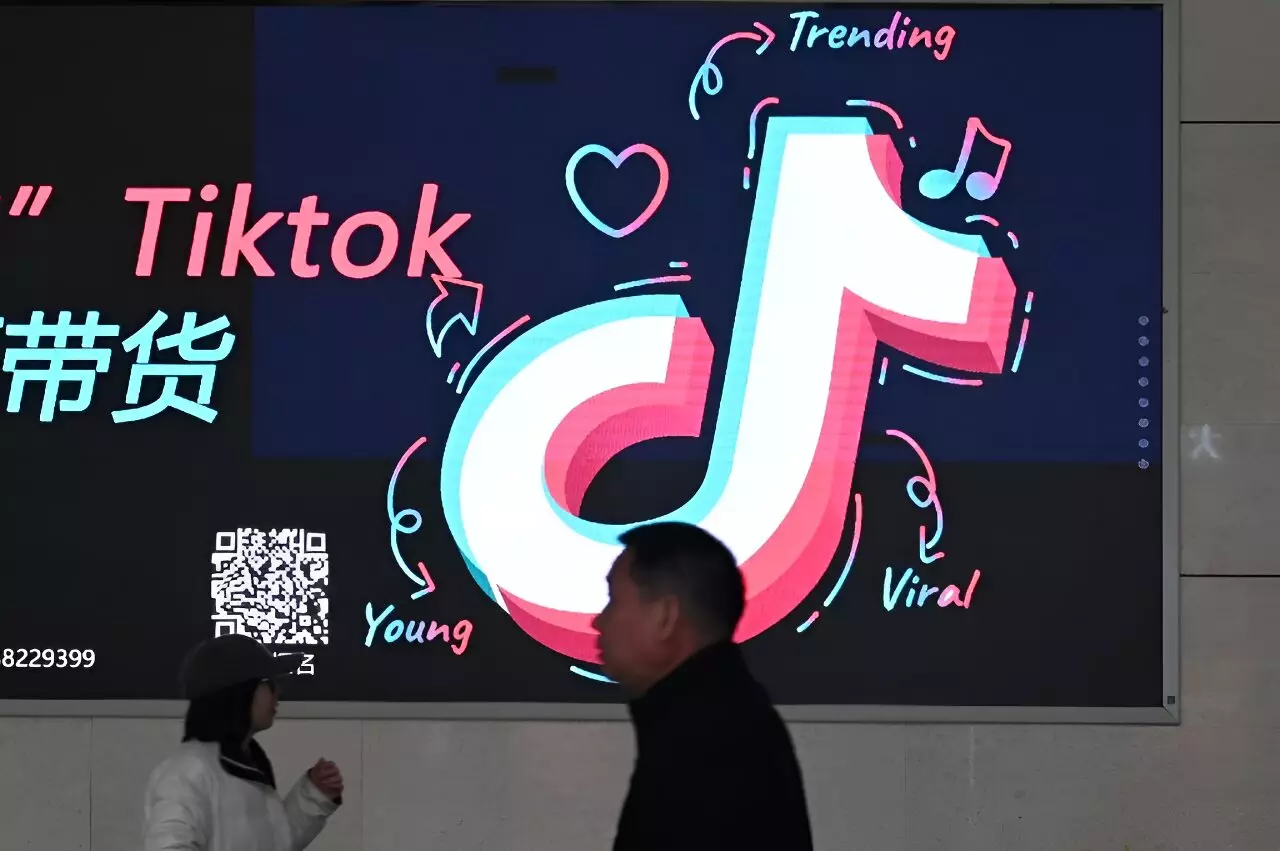The recent lawsuit filed by the United States against TikTok has stirred controversy over the app’s alleged violation of children’s privacy. The Department of Justice and the Federal Trade Commission have accused TikTok of collecting data about children without parental permission, thus violating the Children’s Online Privacy Protection Act (COPPA). According to the lawsuit, TikTok has been allowing children under the age of 13 to use the app, collecting personal information without parental consent.
Apart from the privacy concerns, the US Justice Department has raised national security concerns regarding TikTok’s data collection practices. The Department claims that TikTok’s parent company, ByteDance, could potentially be forced to share data with the Chinese government, posing a threat to US national security. This argument has led to a legal battle between TikTok and the US government over the forced sale of the app to an American buyer by a specified deadline.
In response to the legal proceedings, TikTok has argued that the law mandating the sale of the app infringes on its First Amendment rights of free speech. The company claims that banning TikTok would silence millions of American voices and restrict their right to express themselves online. However, the US government has countered that the primary concern is national security rather than freedom of speech, emphasizing the risks associated with a Chinese-owned app collecting user data.
The lawsuit and subsequent legal battle have significant implications for TikTok’s future in the United States. With a deadline set for TikTok to find a non-Chinese buyer or face a ban, ByteDance has expressed reluctance to sell the app. As the case escalates and potentially heads to the US Supreme Court, the outcome remains uncertain for TikTok and its millions of American users.
The debate surrounding TikTok’s alleged violation of children’s privacy and national security concerns reflects the wider tensions between data privacy, free speech, and geopolitical interests in the digital age. As the lawsuit progresses, the stakes are high for both TikTok and the US government, with far-reaching implications for the future of social media regulation and national security in an increasingly interconnected world.


Leave a Reply
You must be logged in to post a comment.